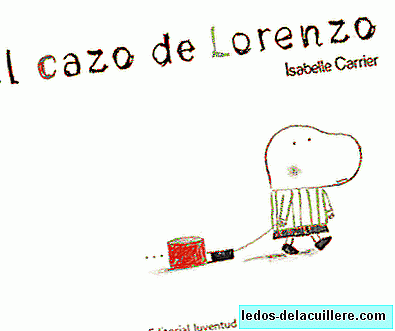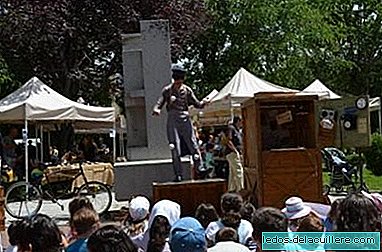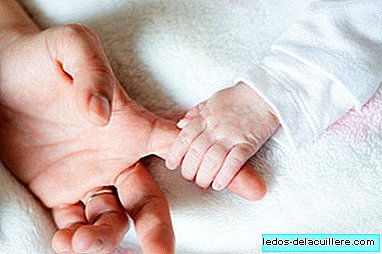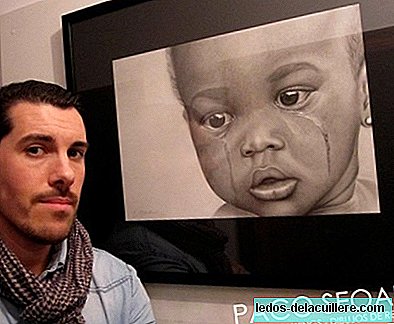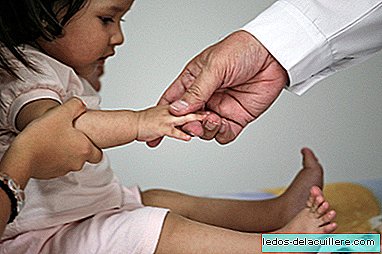
The Spanish Association of Pediatrics insists on maintaining the changes related to vaccines that were introduced last year, when it was suggested that measles be advanced to 12 months. It also emphasizes the recommendation to administer the second dose of the triple viral vaccine between two and three years of age, to increase the immunogenicity of the same, and also to decrease the chances of some children not getting vaccinated (a fact that sometimes occurs when administered later).
The 2013 calendar also emphasizes the importance of actively vaccinating girls 11 to 14 years old against human papillomavirus (HPV), although suggests advancing immunization as soon as possible, especially at age 11, in order to increase coverage, since more than half of the regions still have a low vaccination rate. As we all know, there have been some cases of adverse reactions after the administration of the HPV vaccine, in fact there are many professionals and groups who doubt their safety. I think that at this point the administration (and families) should emphasize sex education, and the prevention of any kind of sexually transmitted disease, investing in resources oriented to this end.
But let's continue with the vaccination schedule in Spain for 2013: the experts of the Vaccine Advisory Committee are reaffirmed in the need to include pneumococcal vaccination in the systematic vaccination schedule. On the other hand, the fact that - as of this year, the Basque Country joins Galicia in the free universal vaccination against pneumococcus of all infants -, in the words of the CAV coordinator 'Vaccination schedules must be dynamic and adapt to the epidemiological changes that may arise, as well as the incorporation of new vaccines or developments related to existing vaccines'.
It is considered a primary objective to update the vaccination schedule of immigrant children, not only to achieve their individual protection against immunoprevenible diseases, but also to avoid pockets of susceptible population that may lead to the appearance of epidemic outbreaks
The AEP Vaccination Calendar establishes three levels of recommendation for childhood vaccines: systematic, recommended and specific vaccines for risk groups.
- They are systematic vaccines those that all children should receive and, therefore, should be funded by the National Health System. This section includes the vaccine against hepatitis B, diphtheria, tetanus, whooping cough, polio, Haemophilus influenzae type b, meningococcus C, pneumococcus, measles, rubella and mumps and virus of human papilloma.
Given the increase in cases of pneumococcal and meningococcal infections in recent years, it opens the possibility of also advancing the booster dose of these vaccines. Thus, a vaccination fork of this booster dose is established against meningococcus C and pneumococcus between 12 and 15 months. If epidemiological circumstances (due to the increase in infections) require it, experts advise another booster dose against meningococcus C at 11 years of age for those children who do not have at least one dose administered after 12 months .
The second level is constituted the so-called recommended vaccines, that is, those that can be prioritized according to the resources for public funding. This section includes the vaccine against rotavirus and universal vaccination against chickenpox in children, from 12 months.
The third level is formed the vaccines recommended to risk groups, such as seasonal flu and hepatitis A. In the case of influenza for those children who may develop serious forms of infection, complications or suffer a higher mortality as a result of other conditions that suffer, and in the case of hepatitis A, in those who are going to travel to countries of intermediate or high endemicity of this pathogen, residents in closed institutions and recipients of blood products repeatedly, among other circumstances.
Although the economic crisis is putting the unification of the vaccination calendar in Spain at risk, the Vaccine Advisory Committee maintains its claim to end the 19 heterogeneous protocols that exist in our country and that create inequalities and inconveniences when vaccinating children.


